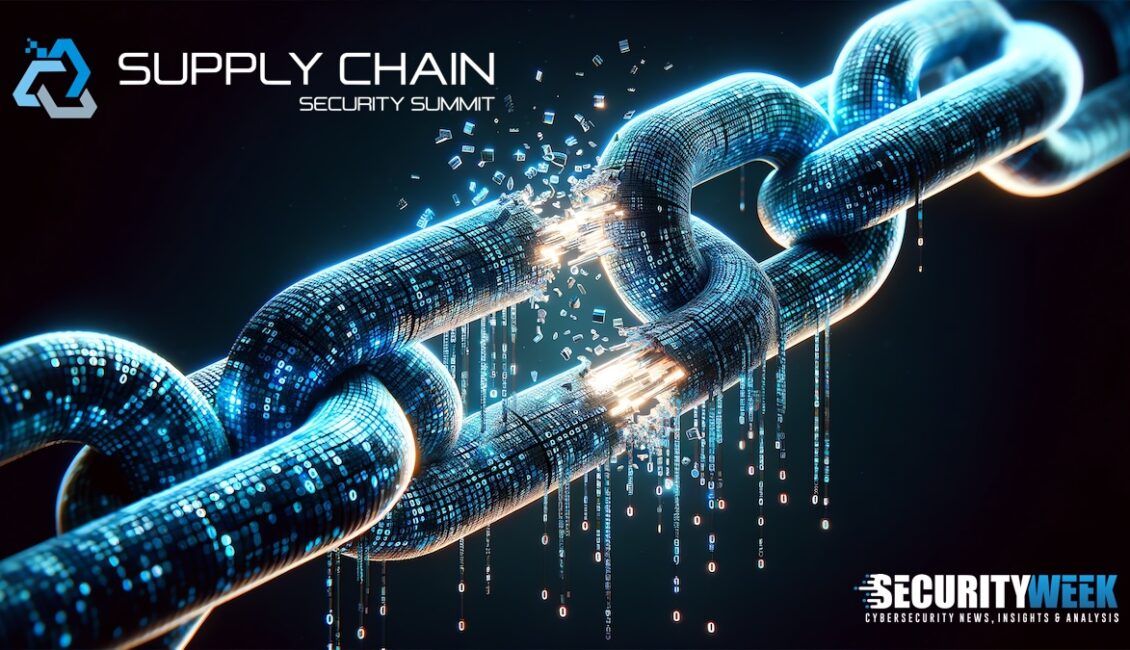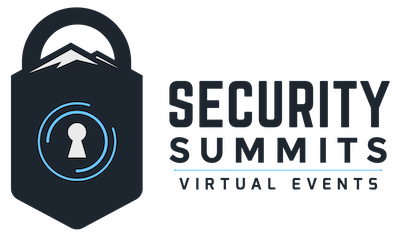
March 19, 2025
The recent surge in high-profile software supply chain attacks has exposed a soft underbelly of modern computing and prompted a major global response to address security defects and third-party risk management.
Join us for SecurityWeek’s 2025 Supply Chain & Third-Party Risk Security Summit, where top security experts will unpack the biggest software supply chain risks, the complexity of modern threats, and proven strategies to mitigate risk. Discover the latest frameworks, tools, and best practices to strengthen your defenses against malware, data exposure, and compromised dependencies.
Platinum Sponsor
Gold Sponsors










